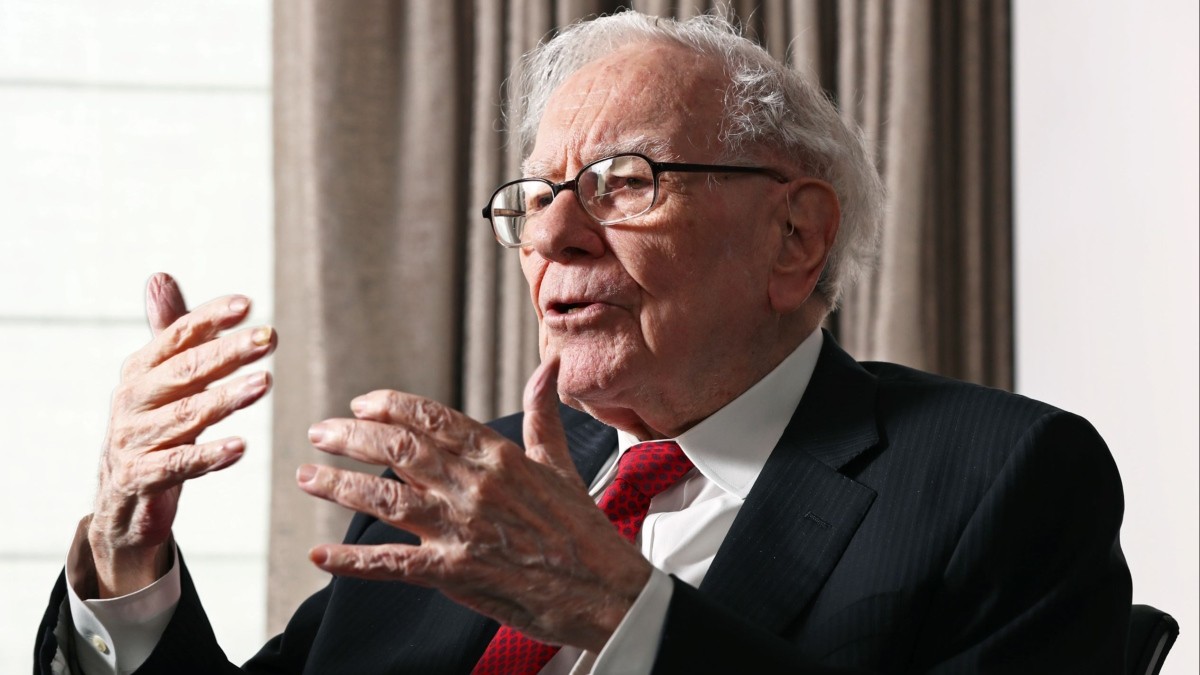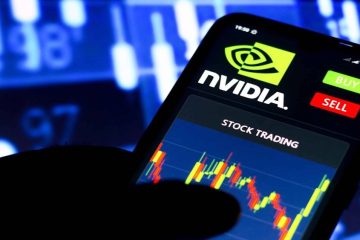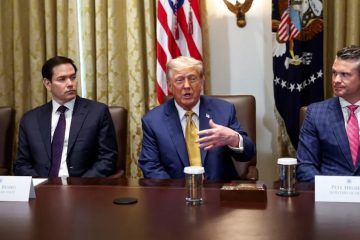Warren Buffett sold Apple stock at the ideal moment

In 11 days, when Warren Buffett convenes the “Woodstock for Capitalists,” he will have substituted one challenging inquiry for another. Berkshire Hathaway currently holds a record amount of cash, approximately $318 billion, surpassing any previous levels recorded by the company itself or any other corporation in history. A significant portion accumulated through traditional means, consistently flowing from the conglomerate’s subsidiaries and investment ventures. Last year, this dynamic was significantly amplified when Berkshire divested a substantial portion of its stock portfolio, particularly its holdings in Apple.
The substantial wager originating in 2016 has instilled a degree of apprehension among certain investors. In light of the iPhone manufacturer’s decline of $1 trillion, representing a quarter of its market capitalization since its peak in December, Buffett’s foresight appears remarkably astute. Is his substantial cash reserve indicative of a strategic maneuver to capitalize on potential stock market declines as a bear market approaches? Is it possible that Buffett foresees a level of tariff-induced turmoil severe enough for Berkshire to capitalize on another opportunity to rescue blue chip companies, similar to the actions taken during the financial crisis?
Initially, it is beneficial to analyze the underlying reasons for his likely decision to sell. Berkshire’s substantial investment in Apple, initiated in 2016 despite some investor apprehension, has grown to be enormous—likely representing the most profitable single-stock investment ever recorded. Berkshire’s paper gains at the onset of its selling activities amounted to approximately $110 billion.This was not the inaugural instance of Buffett’s investors questioning his investment in what appeared to be an already fully valued stock. From 1988 to 1994, Berkshire executed its most substantial portfolio investment at that time in Coca-Cola. By 1998, it had experienced a tenfold appreciation, trading at a multiple of 45 times earnings. Years later, Buffett expressed regret over his decision to maintain his position without reducing it.
“The enterprise was exceptionally valuable, yet it transacted at an irrationally low valuation.” He expressed comparable admiration for Apple and its CEO, Tim Cook, although the experience with Coca-Cola likely shaped his perspective. “I would be surprised if it didn’t occur to him,” states Adam J. Mead, a money manager from New Hampshire and an expert on Buffett, who authored “The Complete Financial History of Berkshire Hathaway.”
Amidst market volatility and the looming threat of recession, Berkshire’s substantial cash reserves have provided a sense of security for its investors, contributing to its outperformance of the S&P 500 by nearly 25 percentage points this year. What is the timeline and methodology for the investment? The situation is multifaceted. “The range of opportunities available to him is quite limited,” states investment newsletter author Alex Morris, who wrote “Buffett And Munger Unscripted.” Given the conglomerate’s market capitalization exceeding $1 trillion, significant efforts are required to effectuate a meaningful change.
In 2009, Berkshire Hathaway executed its most significant acquisition to date, committing $26 billion to acquire Burlington Northern Santa Fe, which was the largest railroad in the United States by revenue at that time. Currently, this amount represents less than one-tenth of his cash reserves and merely 2.5% of Berkshire’s overall valuation. Morris presents two potential scenarios: acquiring the remaining stakes in longstanding assets, Coca-Cola or American Express, and transitioning them to private ownership, with estimated costs of approximately $280 billion and $130 billion, respectively.
What implications arise from the profitable support that Berkshire Hathaway provided to established firms such as Goldman Sachs, Bank of America, and Dow Chemical during the financial crisis, should analogous situations present themselves in the future? “They would need to be considerably larger to have a meaningful impact,” states Morris.
One concerning interpretation of his cash reserves is that Buffett possesses insights regarding the tariff-impacted economy that remain elusive to the rest of us. That is highly probable. “He is obtaining real-time information” through the various enterprises within his extensive conglomerate, states Mead. However, this does not inherently imply that he anticipates impending calamity. It merely indicates that the limited selection of securities he finds worthwhile to acquire—including Berkshire Hathaway stock—are simply not appropriately valued. With his Treasury bills now providing some yield, he is effectively compensated for his patience. Buffett demonstrated astute timing in his decision to divest this time. The determination of timing and selection in purchasing decisions has increasingly become more complex.








